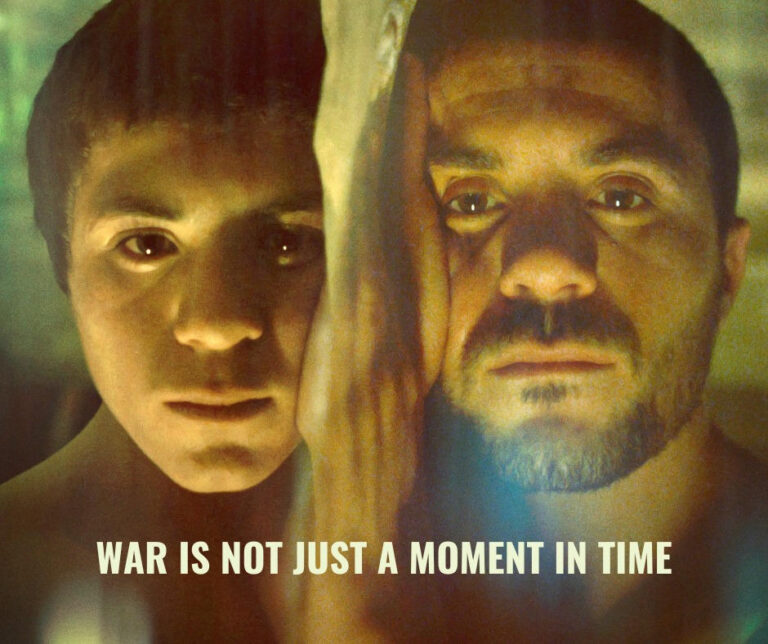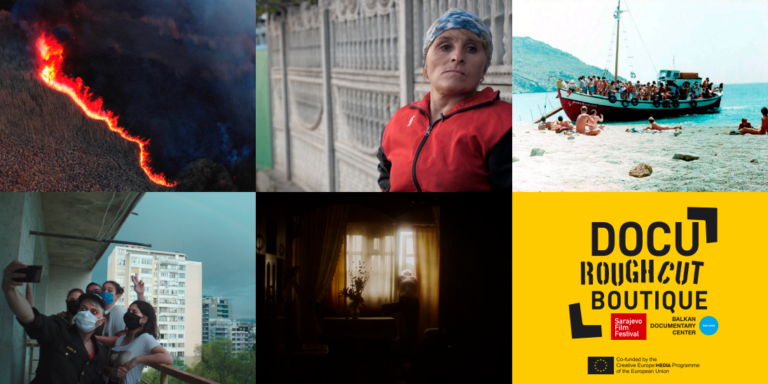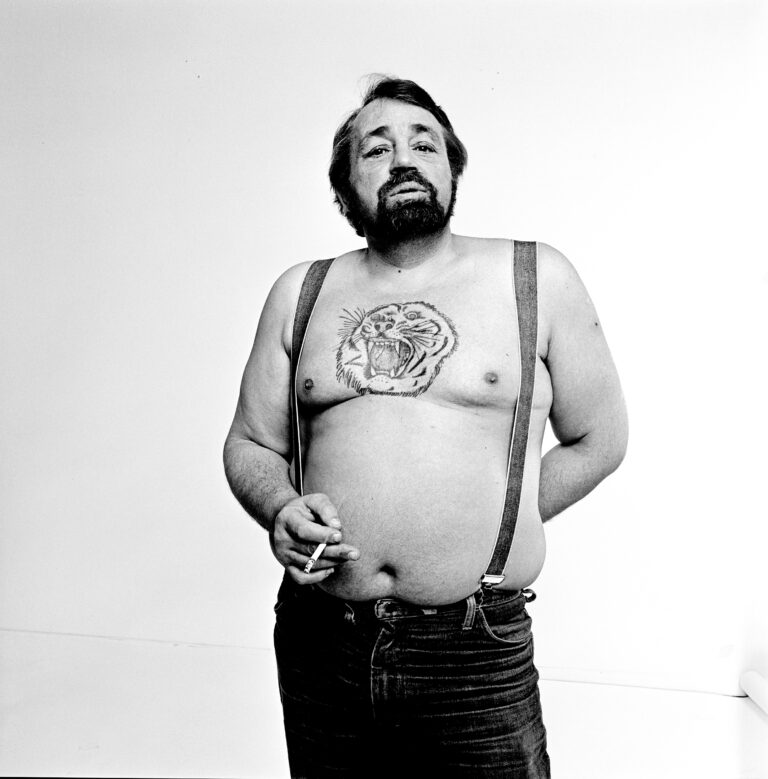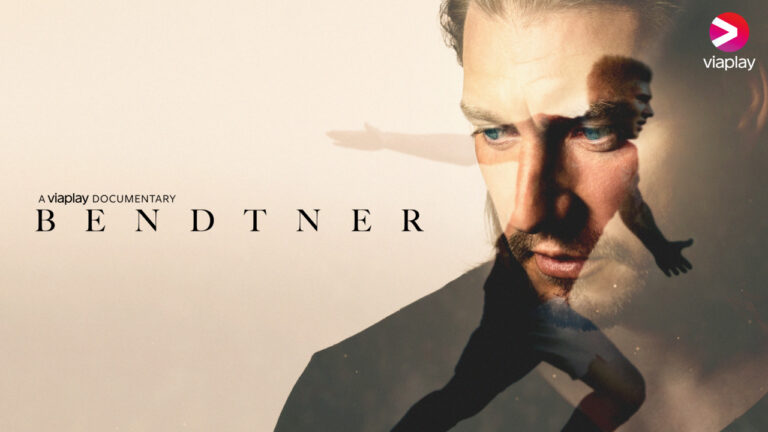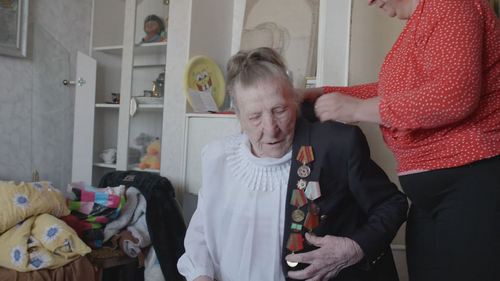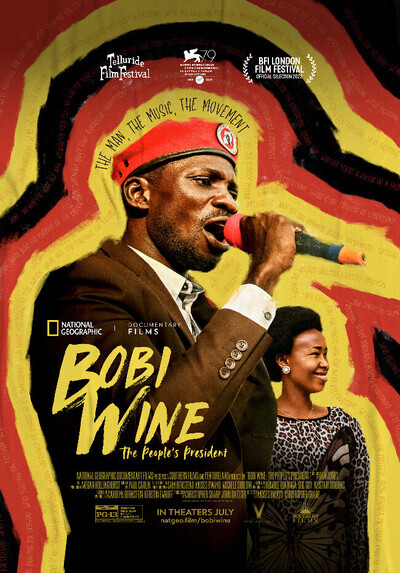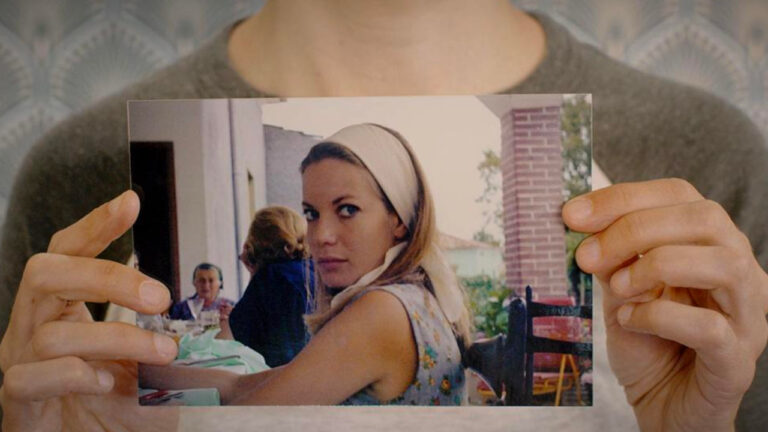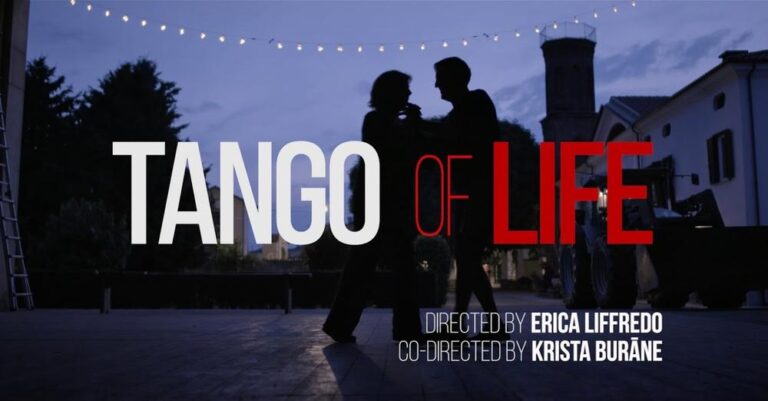


Juan Palacios: Før stormen
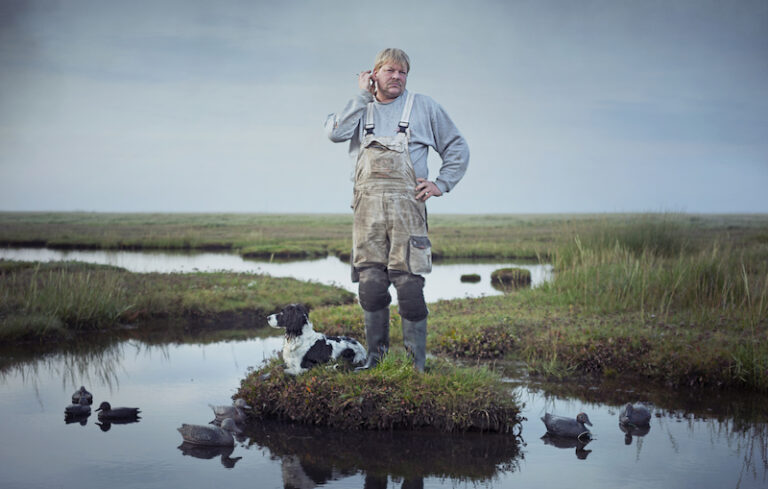
Medinstruktør: Sofie Husum Johannesen
Local is Global. Han sagde det ikke sådan, Orwa Nyrabia, IDFA’s kunstneriske leder, da han på pressekonferencen præsenterede “Før stormen” (Engelsk titel: “As the Tide Comes In”), men det var tydeligt, at han havde fundet en perle til sin festivals hovedkonkurrence, optaget på en lille ø i Danmark, Mandø. Jeg forstod navnet han sagde, kiggede i papirerne og på Danmarkskortet og fandt den lille vadehavsø, der ligger mellem Fanø og Rømø. Jeg så den dengang filmen på min computer og nu igen på dagen, hvor filmen åbner lanceringen af dette års CPH:DOX i aften og fra i morgen bliver vist i mange biografer landet over.
Det er en forrygende film. I indhold og form. Alt er så filmisk gennemført og filmen har fortjent alle de roser, den allerede har fået i danske medier. Den bliver lanceret i aften med efterfølgende debat om klima og de små øers mulighed for at overleve. Dige-gennembrud vil ske, siger én af de 28 fastboende på Mandø, vi kan ikke holde vandet tilbage og øen har været ramt mange gange af oversvømmelser. Fred med det, vigtigt, men at møde nogle af beboerne var min store oplevelse.
Først og fremmest er det lykkedes instruktøren at tegne et smukt portræt af landmanden Gregers, der længes efter kærligheden – han har haft en kvinde hos sig, men, siger vennen, du holdt ikke fast i hende, du gik på værtshus. Han har mange sider, Gregers, vi ser ham knokle, være ved at dratte ned fra en gummiged, tænke over hvad han kunne give en kvinde, der ville flytte ind hos ham – naturen siger han, og at den giver skønheden tilbage, dokumenterer Palacios til fulde i maleriske landskabstotaler. Han er ved middagsbordet med mor og far, fortæller, at han måske kan komme med i “Landmand søger kærlighed”, moren griner, den tror hun ikke på. Der er rørende scener fra bilen, hvor han kører rundt, ikke altid appelsinfri ser han ud, med hunden Sif, som er den han snakker mest og bedst med, og kærligt beskytter under sin jakke, når blæsten tager voldsomt til. Allerbedst er de scener, hvor han er sammen med nevøen, drengen som han forsøger at lære, hvordan man taler om og til en kvinde. Drengen er for lille, ved ikke hvad han skal svare til det, heller ikke, da Gregers spørger om han kunne tænke sig at bo på Mandø, omvendt svarer Gregers ikke drengen da han spørger, hvorfor han ikke flytter over på fastlandet…
Omkring Gregers er der det lille samfund. Mie som bliver 100, Ellen som bestyrer Brugsen og meget andet, de besøgende ornitologer og turister, præsten som kommer hver anden uge, små iscenesatte situationer, flot fanget – minder mig om Jon Bang Carlsens mesterstykke “Før gæsterne kommer” fra 1984.
Som en af de i filmen omtalte københavnske aber, der ikke vidste meget om en lille ø’s liv og udfordringer, vil jeg gerne sige tusind tak for en forrygende flot film. Ja Film med stort F.
Danmark, 2023, 88 mins.
